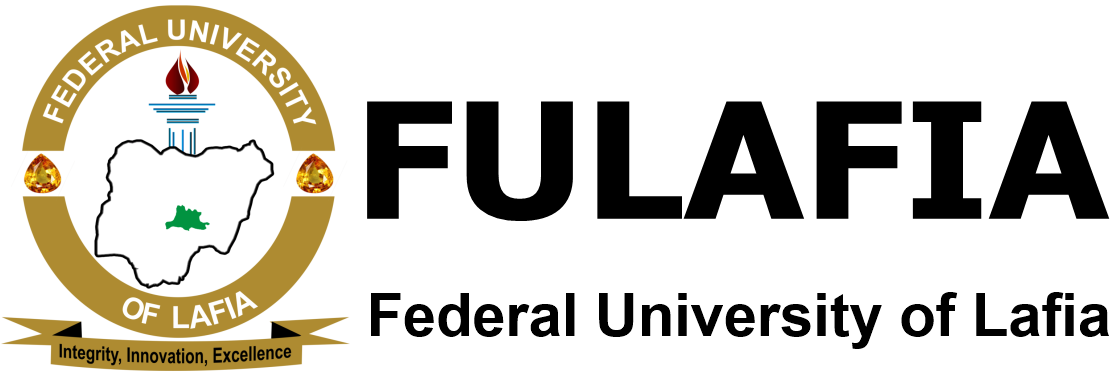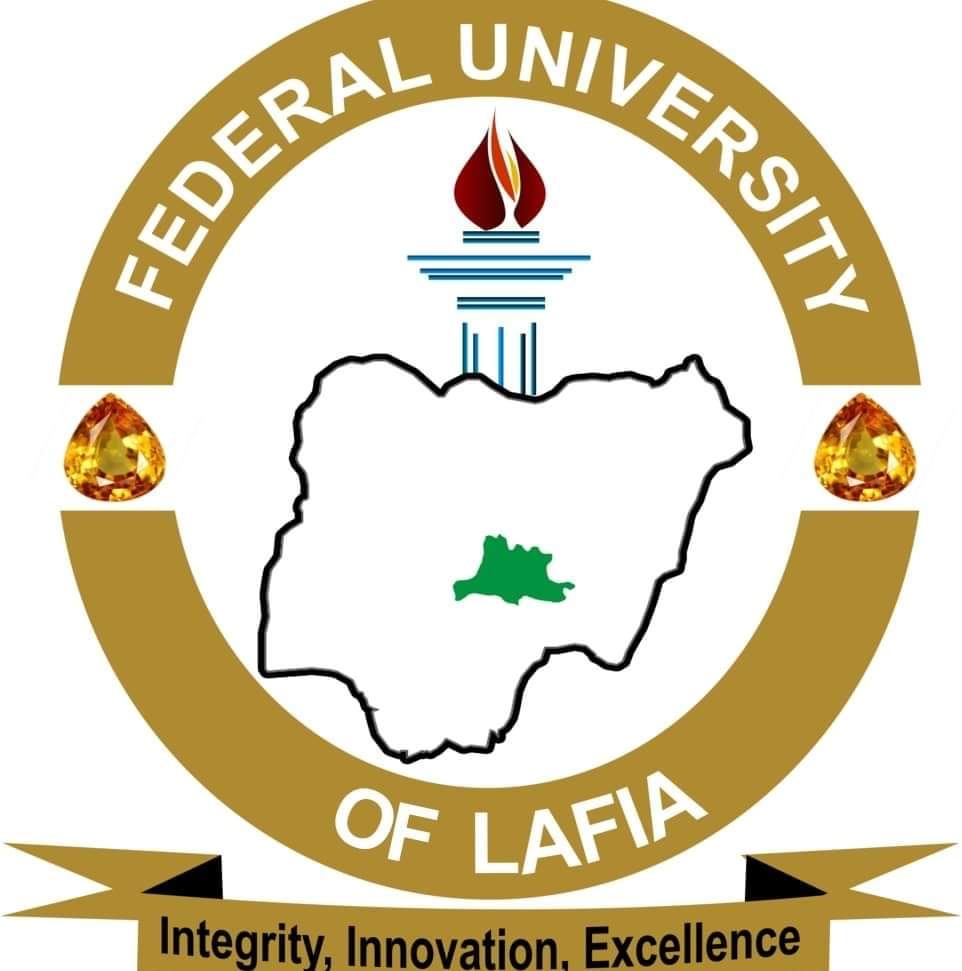
About Us
Our goals
1. create in students an awareness of and enthusiasm for Information Technology and its capabilities;
2. provide students with a broad and balanced foundation of Information Technology knowledge and practical skills;
3. prepare students to formulate real-world problems in Information Technology, employ problem-solving skills, and use appropriate tools and technologies to obtain valid and realistic solutions;
4. develop in students the ability to analyze, evaluate and propose alternative solutions to given software and/or algorithm designs;
5. develop students' abilities in self-management and teamwork;
6. prepare students to be proficient, professional, and ethical in their careers;
7. prepare students to communicate effectively both orally and in writing; and
8. develop in students the ability to engage in life-long learning and growth in Information Technology and to be potential job creators.
Programmes
The Department offers degree programmes in the following areas:
• Bachelor of Science (BSc)
• Postgraduate Diploma (PGD)
• Master of Science (MSc)
• Doctor of Philosophy (PhD)
Staff of the department
HOD's profile
Welcome to the profile of Dr. MOSES Timothy, serving as the Ag. Head of Information Technology Department, Federal University of Lafia, Nasarawa State.
As the Ag. HoD, Dr. Moses brings a wealth of experience, passion for teaching, research and community service, commitment to academic excellence in the department; fostering collaborations and innovative learning environment, and the holistic development of students of Information Technology Department in learning and character.
Dr. Moses Timothy obtained his PhD in Information Technology from Nnamdi Azikiwe University, Awka, Anambra State, MSc (Information Technology), and B.Tech (Mathematics and Computer Science) from the Federal University of Technology, Minna, Niger State. He has published many articles in local and international scholarly journals. He is a member of the Nigeria Computer Society (NCS) and The International Society for Applied Computing (ISAC).
Dr. Moses Timothy is a member of several committees in the University among which are:
1. School of Postgraduate Studies (SPGS) Board
2. Academic Board for Part-Time and Diploma Programemes
3. University Senate Committee on Examination Misconduct
4. University Students Disciplinary Committee
5. University ICT Committee
6. University Library Committee
News Update
Conference & Workshop
Admission Requirements
Candidates are admitted into degree programme in Computer Science by one of the following three ways:
• The Unified Tertiary Matriculation Examination (UTME)
• Direct Entry
• Inter-University Transfer
UTME Entry Mode
The minimum academic requirement is credit level passes in five subjects at O’Level in nationally recognized examination including English Language, Mathematics, Physics and two other Science subjects to include either of Biology/Agricultural Science, or subjects which are relevant to the intended programme at not more than two sittings. In addition, an acceptable pass in the Unified Tertiary Matriculation Examination (UTME) with relevant subject combination is also required for admission into 100 Level.
Direct Entry Mode
Candidates seeking admission into a programme in Computer Science through Direct Entry must have passes (minimum of 6-points) at GCE ‘A’ Level/IJMB comprising of Mathematics, Physics as core subjects. A lower-credit pass in OND/HND in Computer Science related discipline is also acceptable. This is in addition to fulfilling the requirement of a minimum of credit level passes in five relevant subjects at ‘O’ Level as indicated above.
Inter-University Transfer Mode
Students can transfer into 200-Level courses provided they have the relevant qualifications. Universities are to certify that students meet the minimum requirements for the Interuniversity Transfer.

Welcome Address
It is with great pleasure that the Department of Computer Science extend a warm welcome to you. Whether you are a student, alumni, visitor or a staff, this platform was designed with your needs in mind; aim to streamline communication, facilitate collaboration and provide easy access to information of the department.
One of the cornerstones of technical advancement, national expansion, and the ensuing advancement of human welfare, health, and progress is Information TechnologyThe foundation for computer science’s social significance is the idea that knowledge acquisition is essential to the development of science and technology. The programme’s goal is to offer a thorough, top-notch education with a focus on the theoretical and algorithmic underpinnings of computing, which direct the development, use, and application of computation systems. Graduates from this programme will be wealth creators with the capacity to use knowledge and abilities to address theoretical and practical challenges in Information Technologybuild pertinent ICT for societal requirements and national development; and be ready for future study through rigorous research.
VISION
Our vision is to be a centre of excellence in computer training and research.
MISSION
In line with the mission of the University which is to train graduates and equip them with skills for socio-economic development, the Department of Computer Science strives to provide an enabling environment for the training of men and women to acquire skills and knowledge in the area of Computer Science for the advancement of immediate and larger society.

